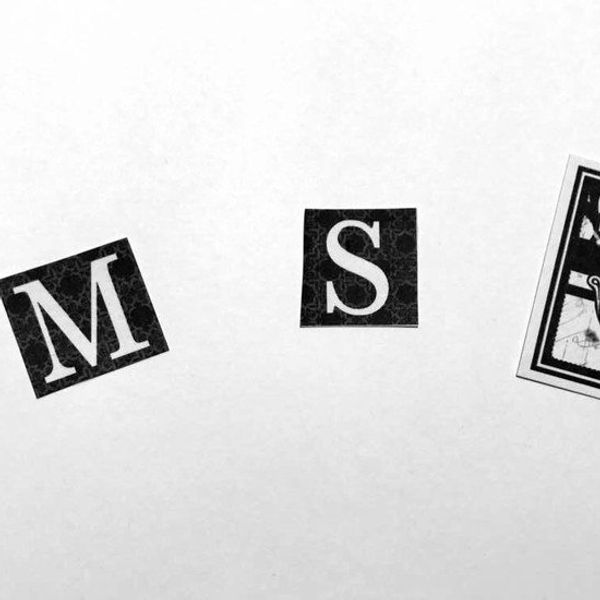As I was growing up, I loved sitting with my parents and their friends at dinner parties. I found them to be effortless dances between English and Tigrinya. I could expect everything from arguments over global politics to anecdotes of my family’s history. When the conversation would stagnate over the adults’ nostalgic details of events long past, I’d wander to the basement, where talk of politics received blank looks from my testosterone imbued teenage cousins. Their intense and loud interactions circled around high school drama, ESPN analysis from three years ago, and answering the timeless question of who the greatest rapper of all time truly was. Unknowingly, I took my first steps toward following the beacon of communication with those varied yet equally fascinating training grounds. Simply talking to others made me feel like what I was doing was meaningful. I started to write because it let me have a more defined picture of the world around me, and my place in between all the different worlds around me.
I knew I couldn’t limit these multifaceted experiences only to occasional gatherings; as a restless twelve year old, I discovered breakdancing and once more found dialogue, but this time without words. Communication between dancers comes in forms of kinesthetic creativity and -nonverbal displays of physical emotion. B-boys with open eyes and ears will try to utilize every sound, melody, or rhythm they note to assist in making themselves better dancers. “B-Boy” is a self-proclaimed title; the word means something different to each dancer, evident in the spread of creativity and athleticism among B-Boys all over the world. Through dance, the world itself can become the muse of bored, restless, and pseudo-intellectual adolescents. I was able to illustrate my thinking in terms of breaking; my elbows, legs, and arms became well-calibrated instruments capable of translating my unique combination of musicality, artistry, and balance.
Like most of my friends, I idolized older and experienced break dancers. To me they expressed themselves at a more raw level than any philosopher, playwright, or modern literature major. My admiration dulled as I got older; I realized that I was old enough to follow their path and continue the lifestyle “forever,” yet something was blocking me. I loved B-boying, but was haunted by how transient I know it would be in my life. Every dancer’s medium of communication, the body, is harshly limited by time; what writer can meaningfully express themselves if they can only write for ten years?
I then started shifting my search for dialogue to something less ephemeral than dance to maintain my sanity. In the end I turned to words, the blocks of discourse as well as the medium of history, art, emotion, music, and imaginative articulation. My approach to writing, rapping, or debating had radically changed since my primary ventures. Years of dancing had molded my creative thinking in ways I hadn’t anticipated. It’s easy to view talking as simply a medium of social contact and nullify its artistic potency. Words, just like movements, have power simply from how they are organized and can be assimilated into beautiful assortments; you can pack them with poignancy or devoid them of all soul. Dancing challenged me to be creatively beautiful, to spontaneously innovate, but most importantly it taught me how to do so in my own way. Indeed, plagiarism is a cardinal sin in the eyes of the creatively independent B-boy.
We are all so focused on using our own dialogue to influence or better ourselves in the eyes of others that we often forget the importance of construct. Everyone cares about what they’re communicating, few stop to observe and change how they’re communicating, yet I did, do now, and probably always will. It can feel as if the context of someone’s speech is permanent and will never be lost, though every persons voice, dialect, or approach to speaking is unique to the moment.
When I discovered Odyssey, I realized that once more I had found a community of individuals who wished to expand and express themselves through their writing. My hope is that throughout the year I can also use this as a medium to grow from and once more learn how to evolve through something that can (hopefully) create positive change for someone else.





















